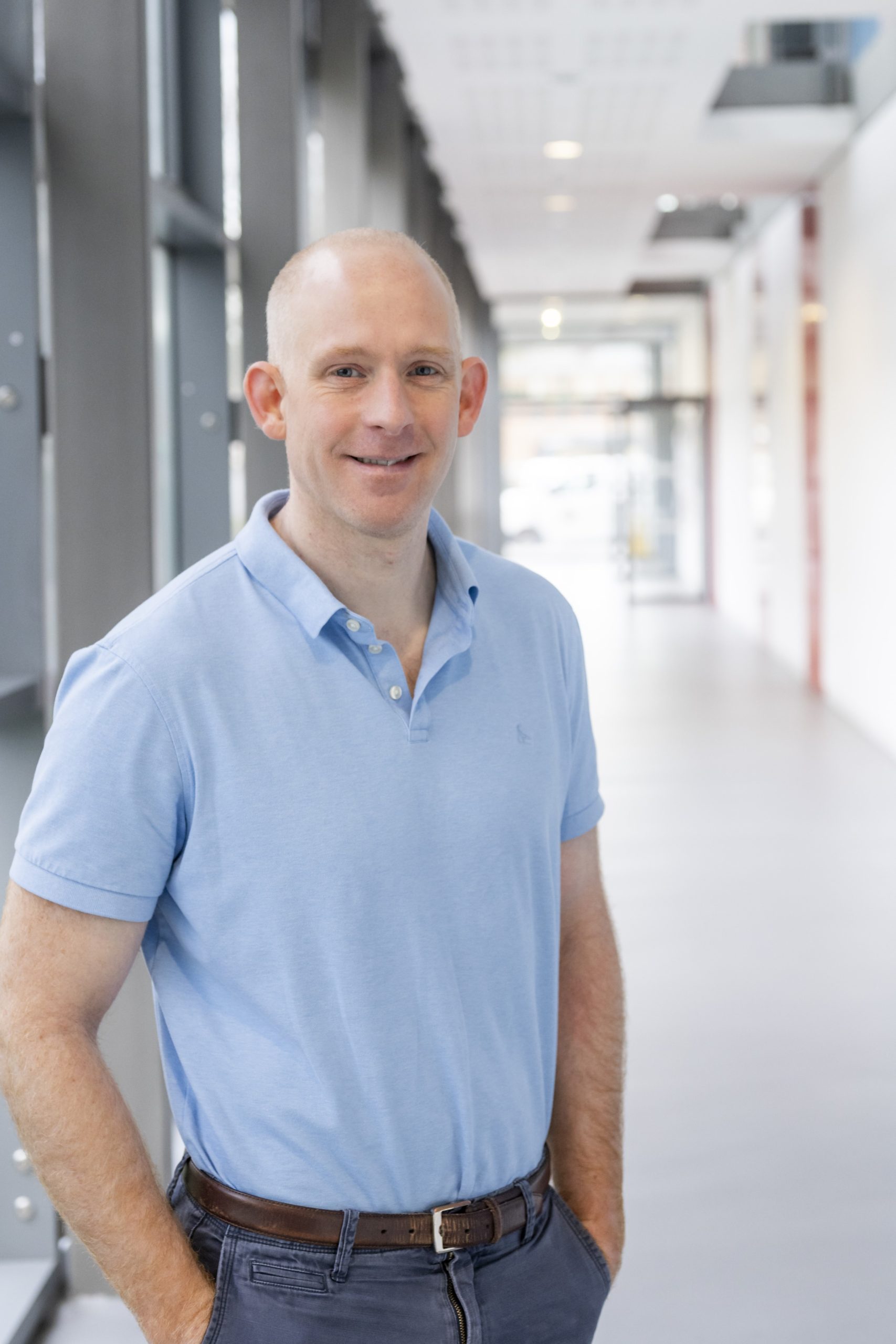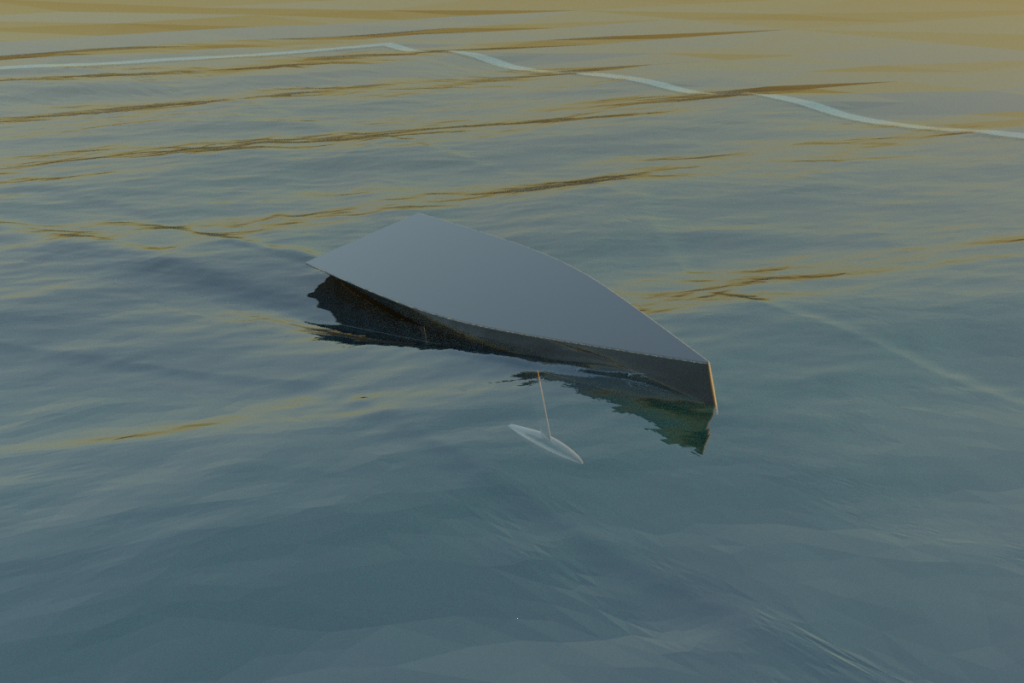Lloyd Jones
Senior Consultant Engineer
Lloyd has been at the Wolfson Unit since 2011, when he joined following an early career conducting research into aerodynamics and aeroacoustics, considering transition to turbulence, boundary layer separation and noise production from aerofoils. Since joining the Wolfson Unit his focus has been conducting computational aero and hydrodynamics, as well as developing the numerical tools and services offered by the Wolfson Unit.

Lloyd has worked with a clients from a wide range of industries, providing assistance with problem solving, performance prediction and design support. Applications for computational aero/hydrodynamics are many and varied, and he has worked across a large number of fields, including the marine sector, renewable energy, civil structures, vehicle aerodynamics, propulsion and autonomous vehicle design. Lloyd’s background in aerodynamic research provides a solid foundation for conducting more complex computational consultancy, such as using detached eddy simulation (DES) to capture unsteady turbulent flows, identify potential sources of narrow-band flow unsteadiness/excitation and conducting frequency domain analysis, and using computational analysis to construct models of physical processes.
In recent years Lloyd has worked on a number of projects related to green/wind assisted shipping and decarbonisation, including evaluating the performance of technologies such as Flettner rotors and rigid wing-sails, and developing electric propulsion systems.
Specialisms:
- Computational Hydrodynamics and Aerodynamics
- Performance prediction for ships/yachts, propellers, turbines and wind-based propulsion
- Detached eddy simulation (DES), unsteady flow behaviour and frequency domain analysis
- Design support and exploitation of computational methods within multi-disciplinary projects

What does your role entail?
The first part of my role consists of conducting computational aero and hydrodynamics studies for clients, typically for the purposes of designing products or systems, predicting performance or perhaps identifying and mitigating undesired behaviour. These projects can be small and self-contained, or large, long term projects involving multiple partners and disciplines.
The second part of my role is to develop and manage the computational tools for predicting aero and hydrodyamics at the Wolfson Unit. This includes keeping pace with advancements in the field, as well as incorporating new analysis methods and services in line with client demands.
What do you enjoy most about your work?
I particularly enjoy the variety of consultancy work that is conducted at the Wolfson Unit, which means that two projects are rarely the same, and provides continued opportunities for personal development and growth. I also enjoy the ability to work at all levels of a project – from high level planning all the way to conducting the consultancy itself.
What do you see as the Wolfson Unit’s Strengths?
I firmly believe the Wolfson Unit’s biggest strength is the knowledge and expertise contained within its staff. Frequently the reason clients are satisfied is not the tools we use, but the supporting expertise and guidance we provide in order to help them achieve their goals.
Tell us about a project you’re particularly proud of.
I’m particularly proud of the work we conducted investigating Flettner rotor behaviour and performance (as well as the work we have conducted on other green shipping technologies). The large scope of this project meant that we had the opportunity to investigate some of the fundamental physics regarding Flettner rotor behaviour, and were able to contribute to and advance the knowledge in the public-domain.
